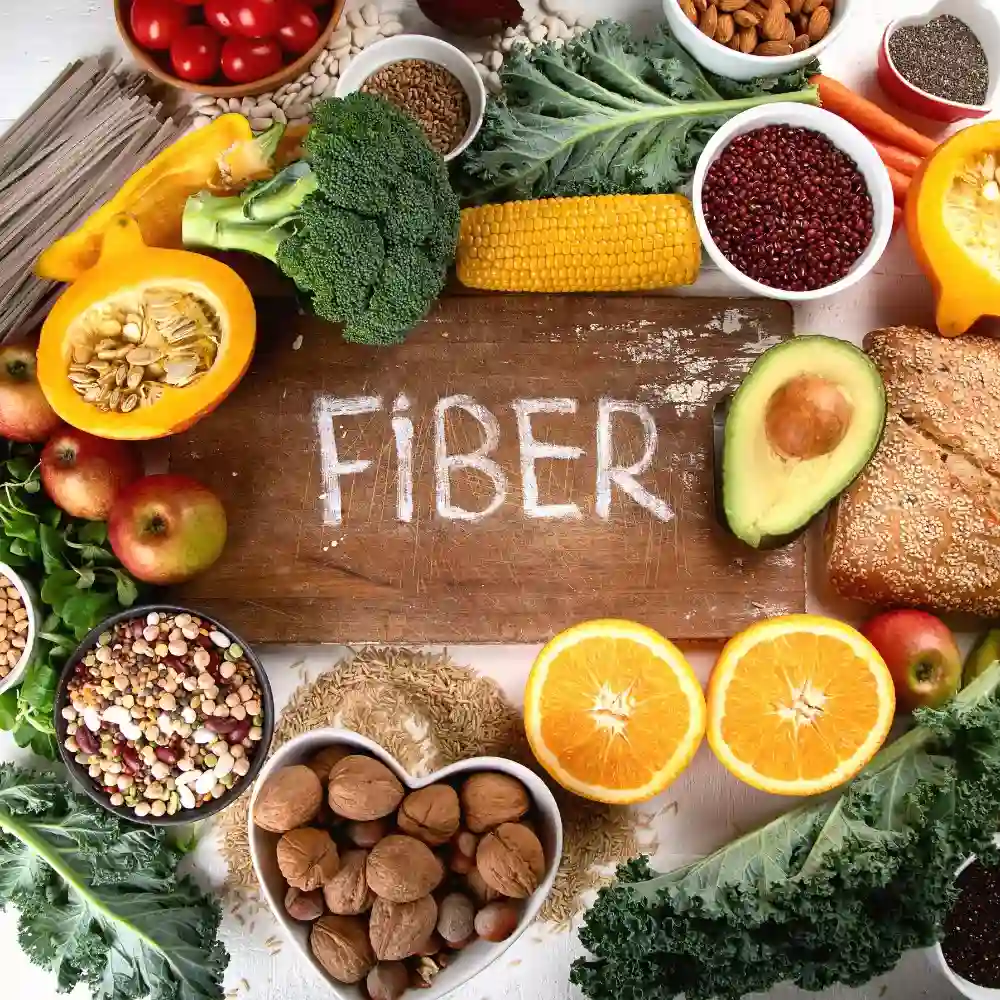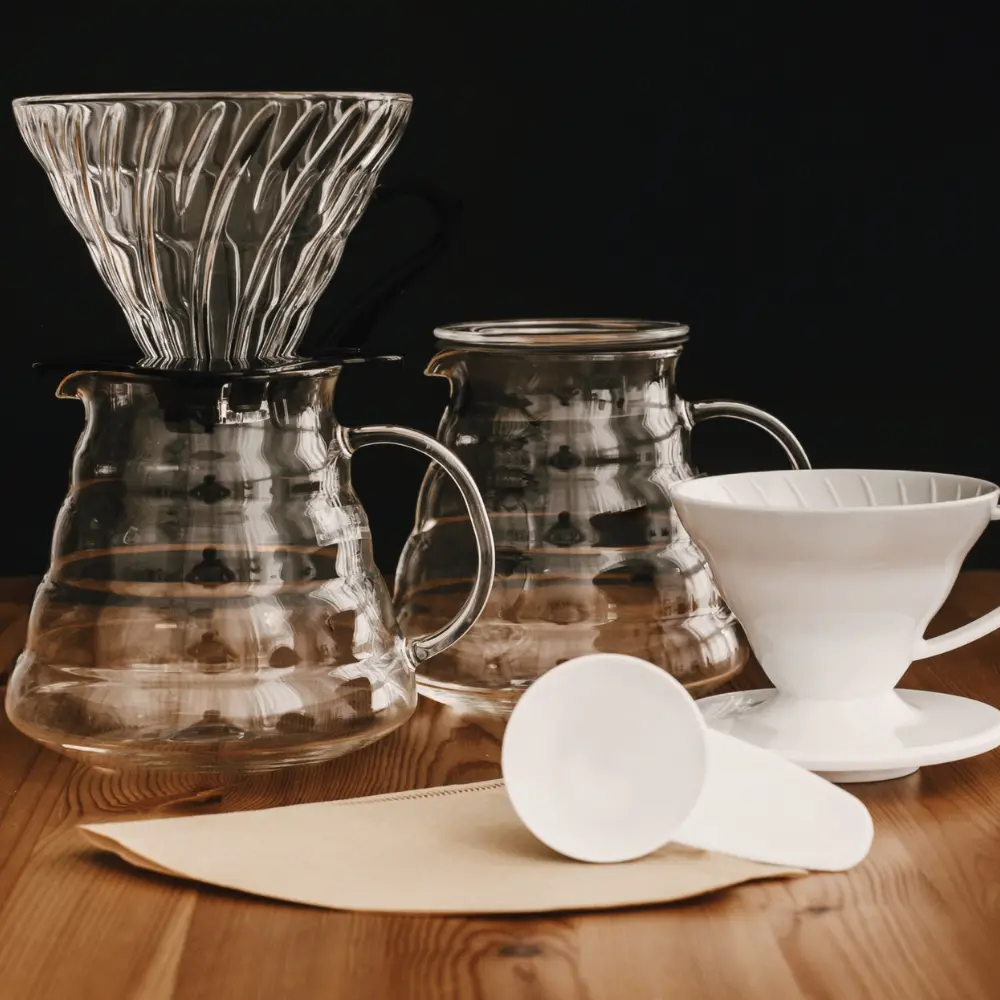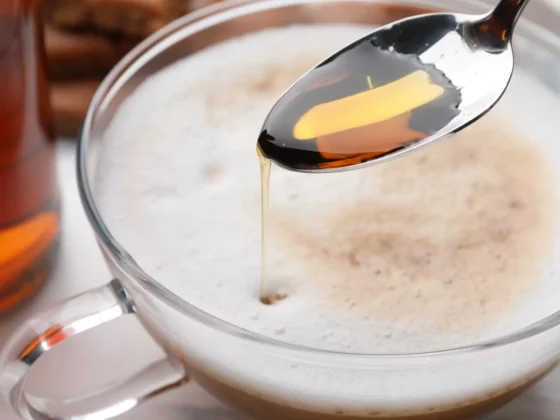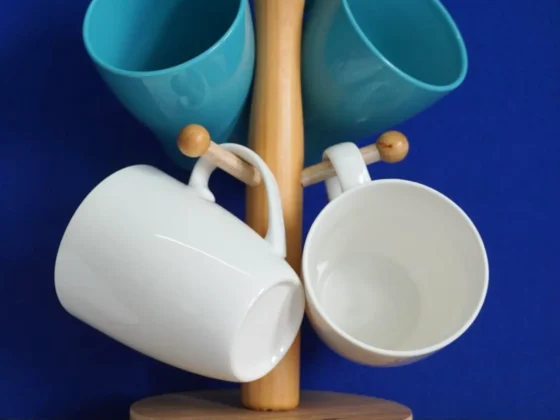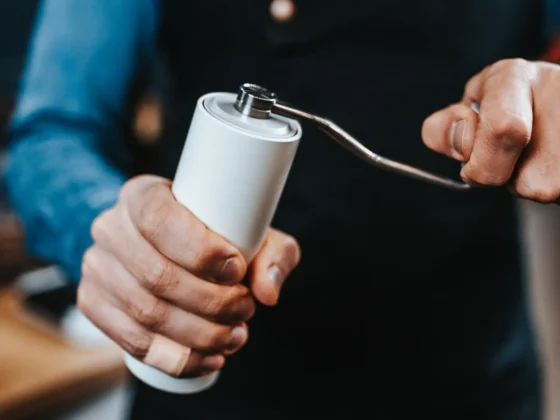The daily ritual of brewing a cup of joe leaves us with a question we may not often ponder: Can You Put Coffee Grounds Down the Sink? This practice, taken for granted by many, has an array of implications that are worth exploring. In this article, we will unveil the pros and cons of disposing of these grounds in your sink, considering its impacts on your plumbing, the environment, and even your garden. As we take a closer look, you might find yourself rethinking your morning routine. So, before tossing those grounds into the drain, immerse yourself in this enlightening analysis and be prepared to make an informed decision. Let the exploration begin.
Putting Coffee Grounds Down The Sink: Key Takeaway
- Coffee Grounds Cause Clogs: Coffee grounds can clump together and stick to pipes, leading to blockages and potential long-term damage to your plumbing system. This is due to the physical properties of the grounds and their interaction with water and other waste.
- The Misconceptions Debunked: Many believe that these grounds or other similar food waste can be safely disposed of in the sink, but this is a common misconception. In reality, such practices can lead to severe plumbing issues over time.
- Alternative Disposal Methods: Rather than disposing of these grounds down the sink, consider alternatives like composting or creative repurposing. These methods are environmentally friendly and offer practical benefits such as enriching garden soil or serving as natural deodorizers.
- Cleaning After Coffee Grounds Disposal: If you’ve been disposing of these grounds in your sink, it’s important to clean your drains to prevent further issues. Homemade cleaners like vinegar and baking soda mixture can be effective for minor blockages, while persistent problems may require professional help.
- Preventative Measures: To avoid future plumbing problems, dispose of coffee grounds correctly, avoid other potential clog-causing substances like grease and oil, and regularly clean your drains. It’s better to prevent clogs than to deal with them once they occur.
Understanding The Problem with Coffee Grounds in Your Sink
The disposal of these grounds down the sink may seem convenient, but it often leads to detrimental issues that can compromise the functionality of your plumbing system. From immediate blockages to long-term system damage, coffee grounds can pose a variety of challenges. Let’s delve into the specific problems related to disposing of these grounds in your sink.
How Coffee Grounds Can Clog Your Sink

The sink might appear like a perfect disposal unit for your grounds, but the reality is far from it. When the grounds are washed down the sink, they tend to mix with water and other waste materials to form a sludge-like consistency. Unlike many food scraps and liquid wastes, these grounds do not dissolve in water. Instead, they bind together, creating a solid, paste-like substance that sticks to the inner walls of the pipes.
This accumulated mass of coffee ground sludge can obstruct the flow of water, leading to slow drainage and eventually a complete blockage. Here are some key factors that make these grounds a major culprit in sink clogs:
- Their small size allows them to settle in any dips or crevices in the pipe.
- They readily mix with other waste materials, enhancing their blockage potential.
- The oils found in these grounds can contribute to the sludge’s stickiness, allowing it to adhere to pipes.
The Long-Term Impact on Plumbing Systems

A single instance of coffee grounds going down your sink might not instantly lead to a clog, but repeated disposal can have significant long-term effects on your plumbing system. Over time, the grounds build up, creating a thick layer of hard-to-remove residue in your pipes.
This residue not only reduces the pipe’s diameter, making clogs more likely, but it can also cause pipe corrosion. This lovely beverage is naturally acidic, and the consistent presence of its grounds can slowly eat away at your pipes, leading to leaks and potentially costly repairs.
Moreover, if you have a septic system, the grounds can contribute to the solid waste layer in your septic tank, which will require more frequent pumping and maintenance. It’s important to realize that the convenient act of washing these grounds down the sink can have lasting, damaging effects.
The Common Misconceptions About Sink Waste Disposal
Many people labor under the misconception that it’s safe to dispose of certain types of waste, including coffee grounds, down the sink. One widespread myth is that running hot water while disposing of the grounds will prevent clogs. In reality, while hot water may delay the clumping of these grounds, it doesn’t prevent it. Once the water cools, the grounds will start to accumulate and potentially cause blockages.
Another common fallacy is that garbage disposals can effectively grind the grounds to a size that won’t cause blockages. Unfortunately, this is not the case. While garbage disposals are effective at breaking down certain types of waste, these grounds are not among them. The small, dense particles can still pass through the disposal and collect in your pipes, leading to potential clogs.
Understanding these misconceptions is crucial to maintaining a healthy plumbing system and avoiding unnecessary plumbing problems and expenses.
The Science Behind Coffee Grounds and Drain Clogging
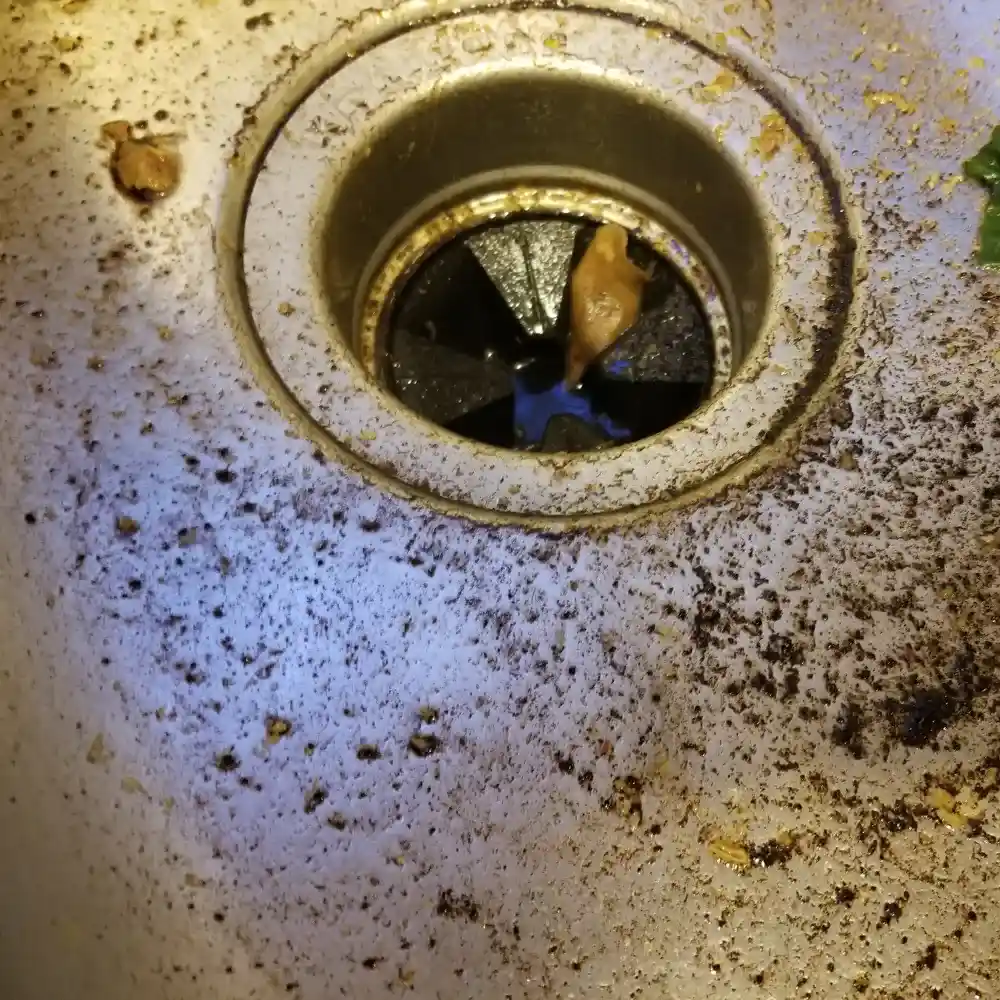
Many of us enjoy a good cup of joe, but the enjoyment can be short-lived if we aren’t careful about how we dispose of the spent coffee grounds. Few of us are aware of the scientific reasons that make these grounds problematic for our plumbing system. To fully comprehend the issues, it’s important to examine the physical properties of these grounds, their interaction with water and other waste, and their role in pipe erosion.
The Physical Properties of Coffee Grounds
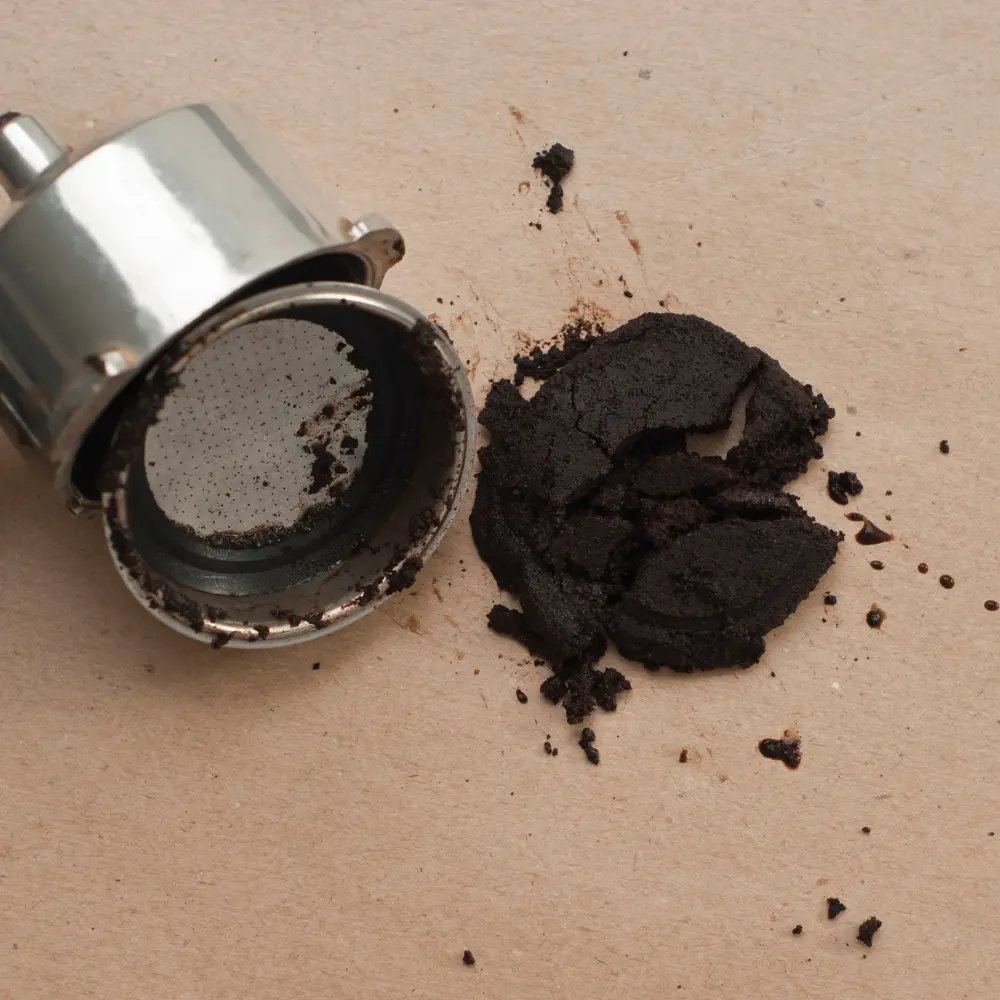
Coffee grounds possess unique physical properties that contribute to their propensity for clogging drains. Unlike most other food wastes, these grounds are small, dense particles that retain a significant amount of water.
Some key physical properties of these grounds include:
- Retention of Water: These grounds are porous, which enables them to absorb and hold water rather than breaking down and dissolving. This property makes them heavy and allows them to easily settle in pipes.
- Sticky Nature: Coffee grounds have a sticky texture when wet. This makes them prone to adhering to each other and to the walls of pipes, forming clumps that can lead to blockages.
- Density: The small, dense nature of the grounds allows them to pass through garbage disposals without being sufficiently broken down. These grounds can then accumulate in the plumbing system, leading to clogs.
How Coffee Grounds Interact with Water and Other Waste
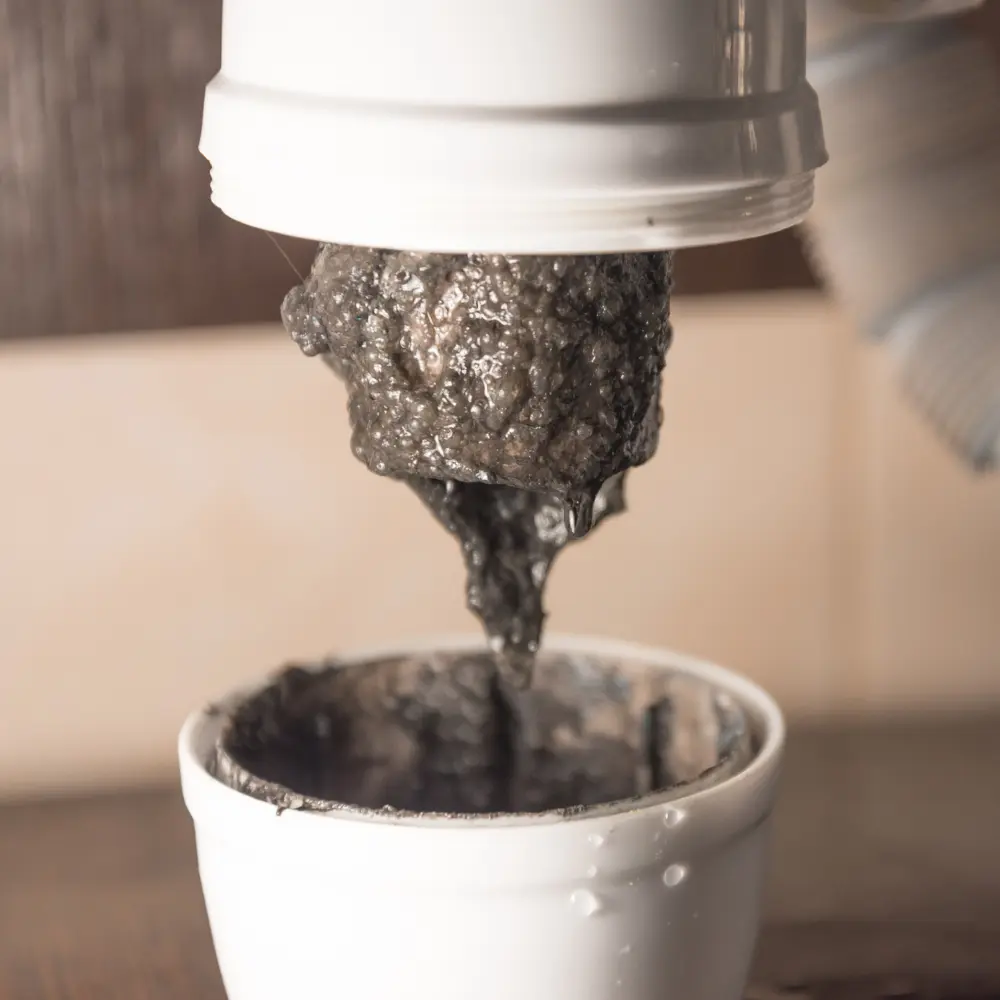
As discussed earlier, when these grounds come into contact with water, they don’t dissolve but rather form a sludge-like substance. This is due to their water-retaining nature and the fact that they tend to stick together when wet. As they travel down the pipe, they also mix with other waste materials, such as grease, oil, and food particles, further enhancing their blockage potential.
Here’s a brief sequence of events:
- The grounds are washed down the sink.
- They absorb water and bind together, forming a thick paste.
- This paste combines with other waste materials in the pipe.
- Over time, a substantial blockage is formed, causing slow drainage or even a complete clog.
The Role of Coffee Grounds in Pipe Erosion
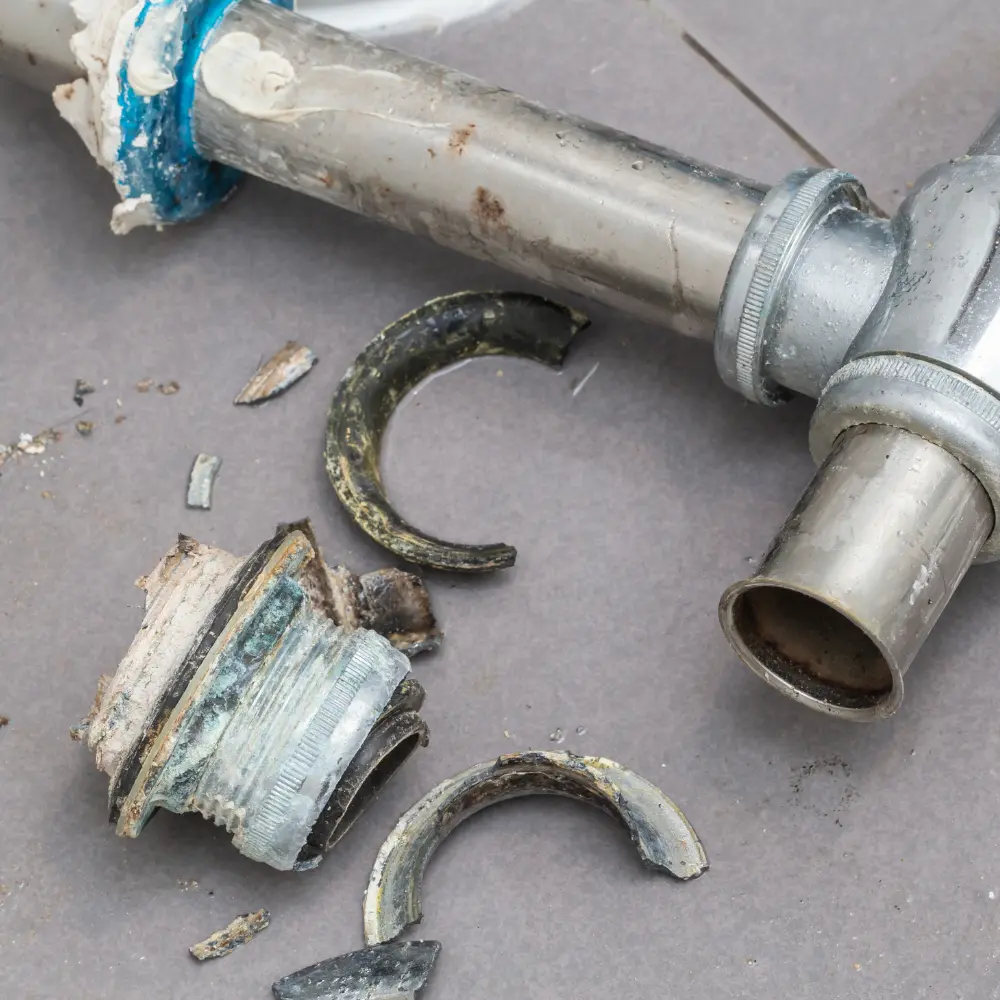
Another less commonly discussed problem associated with coffee grounds is their contribution to pipe erosion. The acidity of coffee can gradually degrade your pipes, particularly if they’re made of metal.
Here’s how it works:
- Coffee grounds, due to their sticky nature, adhere to the pipe walls.
- The grounds’ inherent acidity comes into prolonged contact with the pipe material.
- Over time, the acidity can corrode the pipe, leading to leaks or breakages.
This erosion process is slow and insidious, potentially causing serious plumbing problems over time. It’s another crucial reason why these grounds should never be discarded down the sink.
Alternative Methods for Coffee Grounds Disposal
Awareness is the first step toward change. Now that you know the harm these grounds can cause when disposed of in the sink, you might be wondering, “What can I do with my used coffee grounds?” Fortunately, there are several environmentally friendly and creative ways to repurpose spent grounds. Let’s explore these alternative methods, their benefits, and how local waste disposal regulations may impact your choices.
Composting Coffee Grounds: A Green Solution
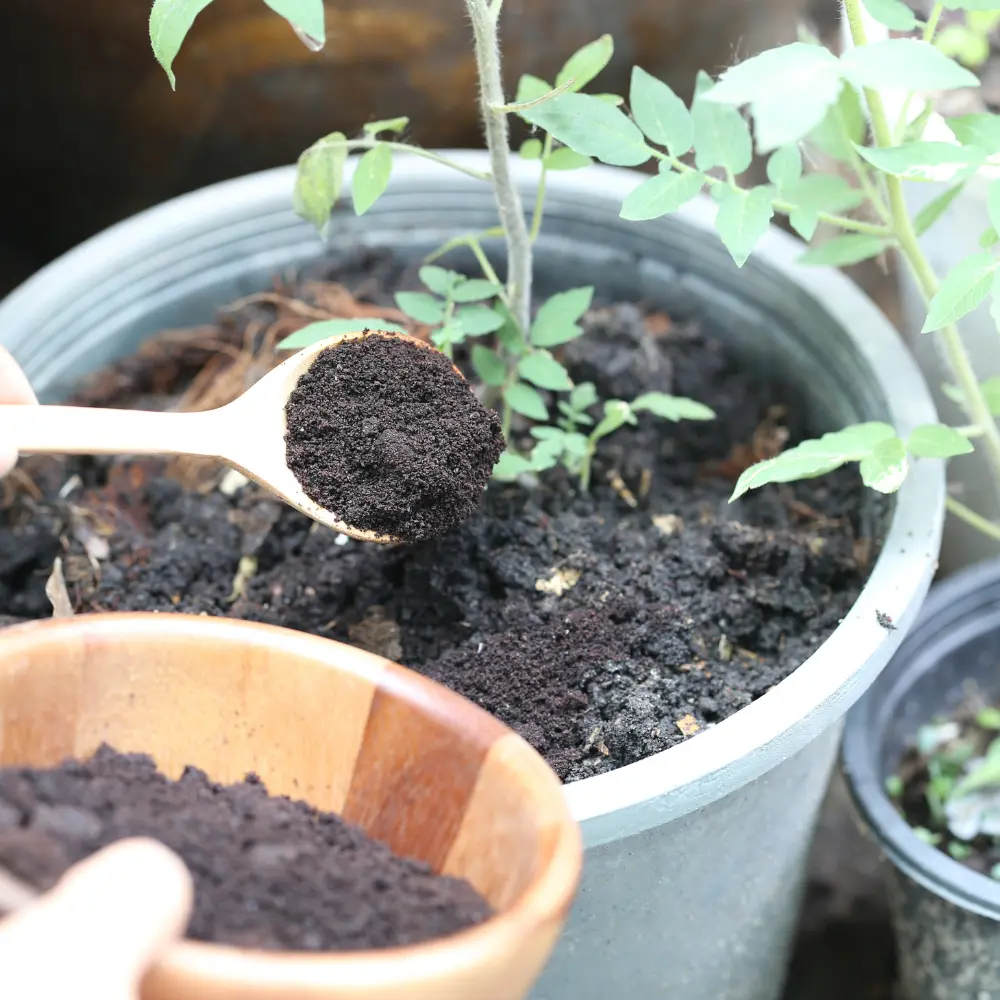
One of the best ways to dispose of coffee grounds is by composting. Rich in nitrogen, the grounds make an excellent addition to your compost pile, enhancing its nutrient content. They can help create a balanced green-to-brown ratio, as they are considered “green” compost material. (1)
Composting the grounds not only reduces waste but also provides a valuable resource for your garden. Compost improves soil structure, increases nutrient content, and aids in moisture retention, making your garden more sustainable and your plants healthier.
Here’s a simple guide to composting these grounds:
- Gather the used coffee grounds in a container.
- Incorporate them into your compost pile or bin, blending them together with additional compost materials such as vegetable scraps, leaves, or grass clippings.
- Regularly rotate your compost to facilitate the process of decomposition.
- When your compost has transformed into fertile, deep-hued soil, you can apply it to your garden beds.
Remember, filters can be composted along with the grounds, as long as they’re made of natural material like paper.
Creative Uses for Spent Coffee Grounds Around the House
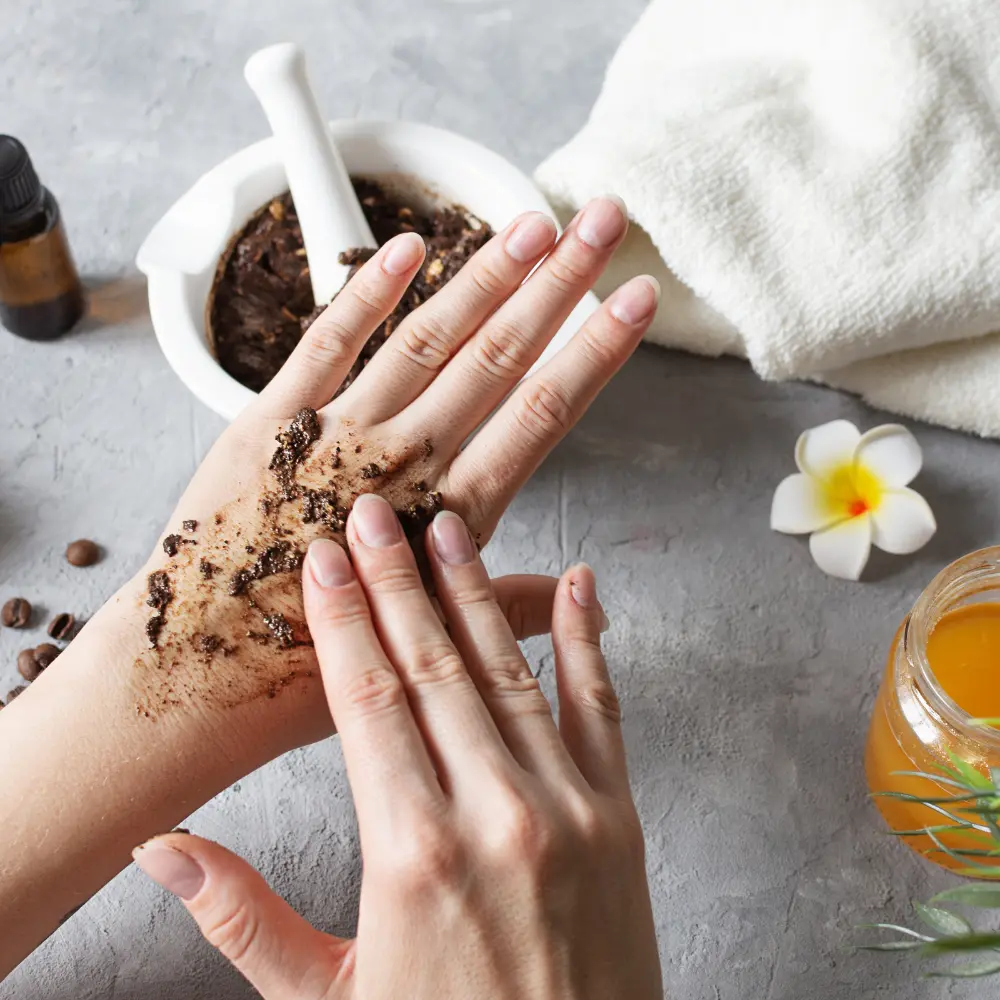
Beyond composting, there are numerous uses for used coffee grounds that you may not have considered. Here are a few ways you can repurpose them:
- Natural Deodorizer: The grounds can absorb and eliminate odors. Dry them out and place them in a small open container in your fridge or freezer.
- Scrubbing Agent: Their abrasive texture makes the grounds perfect for scrubbing pots and pans. However, be mindful of surfaces that might stain.
- Beauty Products: The grounds can be used to make homemade exfoliators like diy coffee scrubs and masks due to their granular nature and high antioxidant content.
- Craft Projects: You can use the grounds in various craft projects, like homemade candles or dyed paper for a vintage effect.
Before using the grounds in these ways, ensure they’re dry to prevent mold. Simply spread them out on a baking sheet and let them dry, or place them in a low-temperature oven.
Coffee Grounds and Local Waste Disposal Regulations
While composting and repurposing are excellent methods for dealing with spent coffee grounds, sometimes, you might still need to dispose of them as waste. In this case, it’s essential to be aware of your local waste disposal regulations.
In many places, these grounds can be disposed of in your regular trash or green waste bin. However, some cities have composting programs that accept these grounds. In this scenario, you can put your grounds in your compost bin for curbside pickup, if available.
Always check with your local waste disposal facility or municipality for specific guidelines to ensure you’re disposing of the grounds in an environmentally responsible manner.
How to Clean Your Sink After Coffee Grounds Disposal
If you’ve been unknowingly washing these grounds down the sink, your pipes may likely need a good cleaning to remove any accumulated sludge. Furthermore, understanding how to maintain your sink in the future can help you avoid clogs and other drain issues. This section provides insight into using homemade drain cleaners when to call a plumber, and preventative measures to keep your sink clear and functioning properly.
Homemade Drain Cleaners: Safe and Natural Alternatives

There are several safe and natural alternatives to harsh chemical drain cleaners that can be used to clean your sink after disposing of coffee grounds. These homemade solutions not only protect your plumbing but are also eco-friendly.
One of the most popular methods is using a combination of vinegar and baking soda:
- Pour half a cup of baking soda into the drain.
- Follow with half a cup of white vinegar.
- Cover the drain and let the mixture sit for about 15-20 minutes. The vinegar and baking soda react to form a fizzy, cleaning compound.
- Rinse your drain with boiling water to wash away the mixture and any loosened residue.
Did you know that baking soda can be used for more than just cleaning drains? It can also be a handy addition to your coffee routine. Check out our guide on baking soda in coffee.
Another method is using salt and boiling water:
- Pour half a cup of salt into the drain.
- Follow with boiling water.
- Let it sit for a few minutes. The heat from the boiling water will dissolve the grease, and the salt will act as a scrubbing agent.
- Rinelyour drain with water.
These methods are safe, and natural, and can effectively clear minor blockages and residue from your pipes.
When to Call a Plumber: Recognizing Serious Drain Issues

While minor clogs can often be addressed with homemade solutions, some situations require professional help. If you’re experiencing persistent slow drainage, frequent clogs, or sewage backup, it’s time to call a plumber.
Additional signs of serious drain issues include:
- Unpleasant odors emanating from the drain, indicating a possible sewage problem.
- Gurgling noises after running water, which could be a sign of a blockage in the main line.
- Water pooling around the drain, indicating slow drainage.
Professional plumbers have the tools and expertise to address severe blockages and can inspect your plumbing system for any damage that might have been caused by the grounds.
Preventative Measures to Avoid Future Clogs
Preventing clogs is far easier and more cost-effective than dealing with them once they occur. Here are a few measures you can adopt to avoid future issues:
- Dispose of coffee grounds correctly: As discussed, the grounds should never be put down in the sink. Use composting or other creative repurposing methods instead.
- Be mindful of other potential clog-causing substances: Things like grease, oil, and certain food particles can also cause clogs and should be disposed of properly, not washed down the sink.
- Regularly clean your drains: Using the homemade drain cleaning methods mentioned can help keep your drains clean and free of minor residue buildup.
By following these preventative measures, you can keep your plumbing system healthy and avoid the inconvenient and potentially costly issues caused by clogged pipes.
Conclusion
Navigating the everyday decisions we make in our kitchens can have a profound impact on our home’s functionality and the environment. The question of whether you can put coffee grounds down the sink is one that’s met with many misconceptions. This comprehensive guide has hopefully provided clarity: these grounds, due to their physical properties and behavior in the plumbing system, should not be disposed of in the sink. Instead, alternative methods like composting or creative repurposing offer environmentally friendly solutions for spent grounds. Moreover, understanding how to maintain and clean your sinks and recognizing serious drain issues are crucial for the overall health of your home’s plumbing system. So, next time you enjoy your favorite brew, remember, when it comes to the question, “Can You Put Coffee Grounds Down the Sink?” the answer is a resounding no.
FAQ
Are some plumbing systems more vulnerable to coffee ground clogs than others?
Yes, older plumbing systems or those with narrower pipes can be more susceptible to clogs caused by the grounds.
How can coffee shops effectively manage their coffee ground waste?
Coffee shops can manage their ground waste by composting on a large scale, donating grounds to community gardens, or partnering with recycling companies that transform the waste into biofuels or other products.
Is it possible to recycle or upcycle used coffee grounds?
Absolutely, used grounds can be recycled in compost or upcycled into various items such as natural deodorizers, scrubbing agents, beauty products, and more.
What other common kitchen waste items should I avoid putting down the sink?
Other common items to avoid putting down the sink include grease, oil, fibrous vegetables, eggshells, pasta, rice, and bones.




